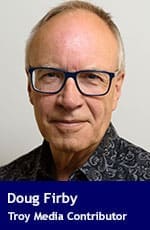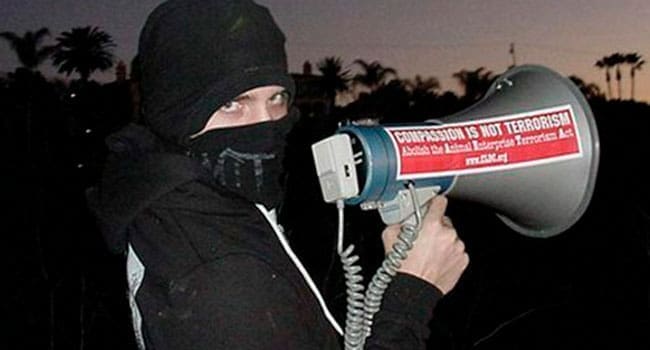 On Nov. 27, 2005, Mubin Shaikh met, in Toronto, with members of a terrorist group. The group was establishing a terrorist training camp in a wooded area near Orillia, and asked if Shaikh would join them and teach them what he had learned through his military and martial arts training.
On Nov. 27, 2005, Mubin Shaikh met, in Toronto, with members of a terrorist group. The group was establishing a terrorist training camp in a wooded area near Orillia, and asked if Shaikh would join them and teach them what he had learned through his military and martial arts training.
What they did not know was that Shaikh was a police agent. That fateful first meeting led to an extensive police investigation as the young al Queda-inspired men plotted large-scale terrorist attacks in southern Ontario. In addition to setting off bombs, they planned to storm the CBC headquarters in Toronto, the Parliament building, and CSIS (Canadian Security Intelligence Service), and take hostages. They even dreamed of beheading the then-prime minister Stephen Harper.
After months of monitoring, police swooped in, arresting 18 people who would come to be known as The Toronto 18. The arrests sent shock waves across the country — unthinkable terrorist malevolence had truly found its way to Canada. Only a combination of CSIS intelligence, advanced police vigilance, and would-be terrorist naiveté short-circuited what would certainly have been our own 9/11.
This event had a profound effect on, not only the Canadian psyche, but — perhaps not surprisingly — our prime minister as well. The Harper government responded with tougher immigration rules and, more recently, with the controversial decision to strip a Canadian-born terrorist of his citizenship.
Has it worked?
Because CSIS must by its nature conduct operations in secret, we don’t know the full story of how the war on terror here at home is going. We do know that we haven’t had a catastrophic attack like the one The Toronto 18 dreamed of. We also know, however, that a lone gunman killed two soldiers and was able to storm the Parliament buildings before he was gunned down. So, let’s just say homeland security is a work in progress.
Vigilance and intelligence are just smart qualities to practice but Canadians are asking themselves whether there is something more. What makes middle class, Canadian-born young men — including non-Muslim Anglo Saxons like John Maguire — embrace the vicious philosophy of al Queda and ISIS? Is there anything we can do to reach them before they cross the political Rubicon and plunge into darkness?
In the months leading up the federal election, Harjit Sajjan — then just another Liberal candidate — wrote a fascinating op-ed, published in the Vancouver Province, which reveals much of his philosophy on fighting terrorism. Reflecting on the attack on Parliament, Sajjan drew upon his experiences as a police detective fighting Vancouver’s gangland violence and as a highly decorated lieutenant-colonel who served time in both Afghanistan and Bosnia.
He wrote, “I truly believe that the unique, open and diverse society we have built in Canada is a strength we have in dealing with future threats.” He criticized the Harper government’s focus on “fear, suspicion and finger-pointing”, saying those tactics only put the country’s security further at risk.
Sajjan wrote that his experiences in Afghanistan taught him that, while fighting is necessary, combat alone is not enough.
“I discovered that a great deal of the Taliban’s power came from the recruitment of young Afghan males, and we came to understand that we needed to take steps to impede the Taliban’s recruitment efforts . . . (by) winning the support of the local population. This required building a genuine rapport with key Afghan communities . . .”
As readers will know, Sajjan is Canada’s new Minister of National Defence. I, for one, am inspired to see this portfolio is in the hands of such a smart cop and soldier, one who possesses a nuanced understanding of the complexities of fighting terrorism.
Disaffected young Canadian men aren’t really all that different than the young, alienated men around the world who are recruited by the thousands each year to join their own perverse version of jihad against western society. Sajjan clearly gets that, and it is why I think with his leadership, we stand a fighting chance of averting a devastating terrorist attack in our country.
We might even show the world the smart way to cut terrorism off at the knees.
Veteran political commentator Doug Firby is president of Troy Media Digital Solutions and publisher of Troy Media.
The views, opinions and positions expressed by columnists and contributors are the author’s alone. They do not inherently or expressly reflect the views, opinions and/or positions of our publication.


